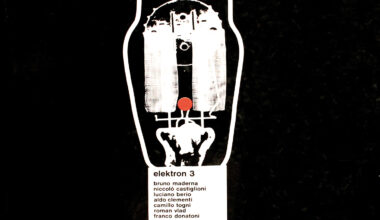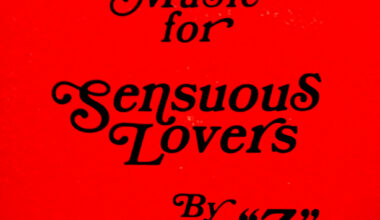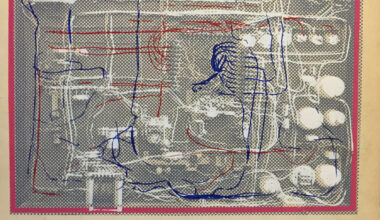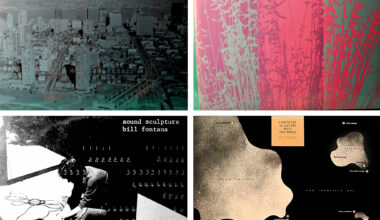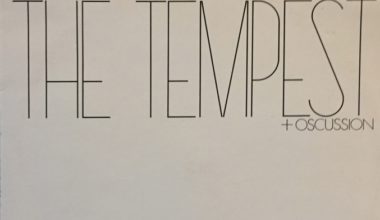Professor Dangers digs out an album that holds its own against Eno and Byrne’s 1981 masterpiece ‘My Life In The Bush Of Ghosts’, yet pre-dates it by a couple of years. Meet Bernard Bonnier, a former colleague of musique concrete don Pierre Henry, and his 1979 album, ‘Casse-tête’
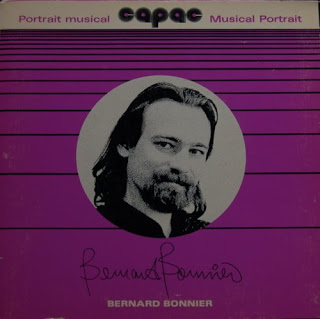
Bernard Bonnier was a French Canadian composer from Montreal who worked with Pierre Henry in the early 1970s. Henry taught him everything he knew, first as a student and then as his assistant. After working in Paris with Henry for quite a few years, Bonnier went back to Canada and started his own studio, which he called Amaryllis. Most of his ‘Casse-tête’ album was recorded there in 1979, but it wasn’t released until 1984, and even then no one really noticed.
One track, ‘Soldier Boy’, is simply stunning. It was recorded at Pierre Henry’s Apsone-Cabasse Studio in Paris. It uses a short tape loop of Elvis Presley and makes an 11-minute track out of it. It’s a really early example of using familiar pop tunes and hacking them up to create something completely new and startling. It’s the kind of thing that Jimmy Cauty and Bill Drummond did in 1987 with The Justified Ancients of Mu Mu when they cut up The Beatles’ music with Samantha Fox. Really subversive.
The album is a mix of tape loops, found sounds, electronics and live drums and percussion. Some tracks, like ‘La Demoiselle Au Corsage Vert’ (‘The Girl In The Green Blouse’) is a collection of noises, like creaking wood and birds, proper musique concrete stuff. But then there’s ‘Italian Junk Food’, which could have come straight off Brian Eno and David Byrne’s ‘My Life In The Bush Of Ghosts’.
It’s incredible to think that it was recorded a good couple of years before ‘My Life In The Bush Of Ghosts’, which is such a landmark record. ‘Casse-tête’ is as good and uses samples and electronics in really similar ways. With the live drums, which are really tight and controlled, but with more strange sounds and a human feel, it’s also little bit like the ‘Zero Set’ album by Moebius, Plank and Neumeier, which came out in 1983. But it predates that too.
I first came across Bernard Bonnier on a seven-inch single. It was put out by a Canadian publishing company called CAPAC, the Canadian Authors and Publishers Association of Canada Limited. Where ‘Casse-tête’ is funny and commercial, that was a more serious record. Bonnier died in 1994, when he was only 41, I think it was in a car crash. He was almost forgotten, but his son remastered the album and it’s been re-released so his legacy is being looked after.
